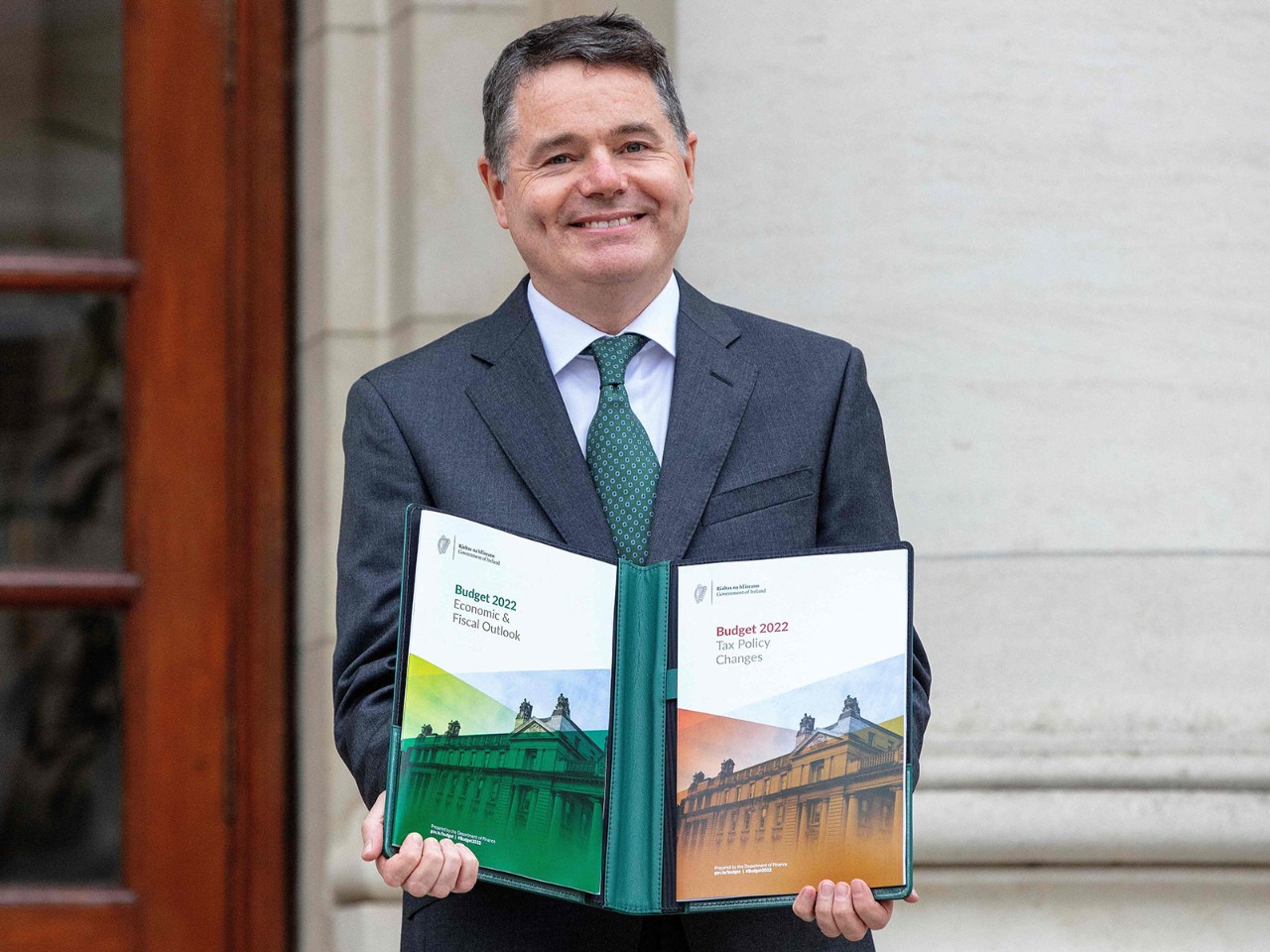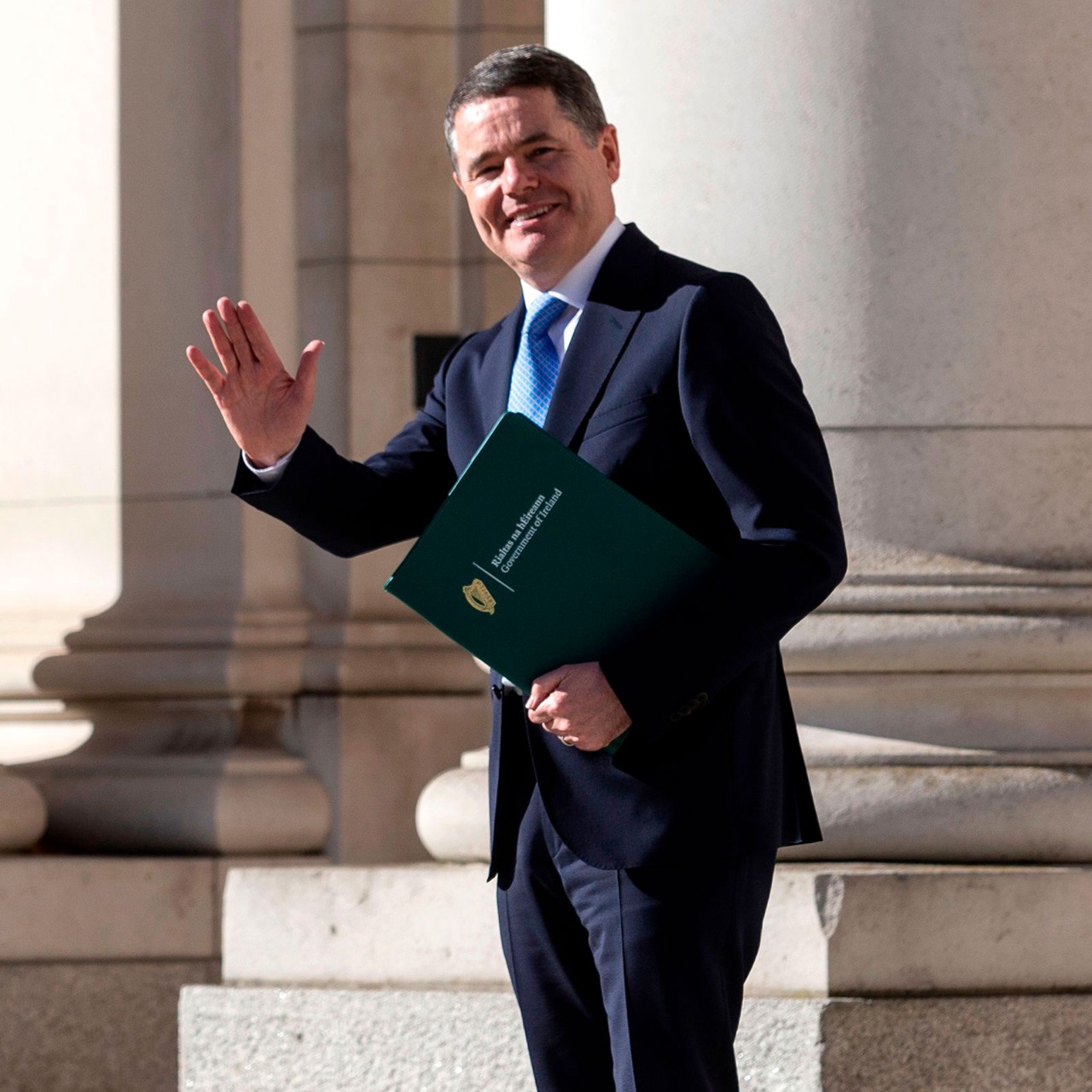
Support for business
The government’s Covid-19 support schemes are evolving to reflect the easing of public health restrictions. As businesses reopen and normal activity resumes, temporary schemes, such as the Covid-19 Pandemic Unemployment Payment (PUP), are being phased out in a deliberate, appropriate and equitable way, according to the finance minister, Paschal Donohoe, speaking at a Committee on Budgetary Oversight debate on 23 September. Some employer schemes, such as the Covid Restrictions Support Scheme (CRSS), will also come to a natural end.
However, Donohoe also recognised that while the pace of the recovery has been quicker than expected, some businesses and employees will continue to need support. He said that the Employment Wage Subsidy Scheme (EWSS) will be maintained until at least the end of the year.
Budget 2022 is to be presented on 12 October, so preparations are well under way, as is speculation about its contents. The total Budget package will consist of a €4.2bn increase in public expenditure and €500m in tax cuts.
Donohoe has said the Budget will need to strike the right balance between supporting recovery and boosting investment on the one hand, and narrowing the deficit and managing the debt burden on the other. He has also warned that ‘difficult decisions’ will need to be taken over the coming weeks.
In mid-September, the Budget 2022 Tax Strategy Group papers were published. The 14 papers cover options for consideration by government across a range of topics, including income tax, remote working, corporation tax, PRSI, stamp duty, capital and savings taxes, climate action and international tax developments.
CRSS
Public health restrictions that prohibited or severely restricted customer access to business premises have been largely removed over recent months. Accordingly, many businesses are no longer entitled to claim payments under the Covid Restrictions Support Scheme, although they have made use of the special CRSS restart week payment to help with reopening costs. As a result, the number of businesses registered for CRSS has declined significantly. According to Revenue statistics, only 2,900 businesses with 3,300 premises are still registered for CRSS at the time of writing.
The date for lifting the remaining restrictions is currently 22 October, depending on coronavirus infection rates. Revenue is expected to further update the guidelines on how CRSS operates as all businesses reopen and normal activity resumes.
BRSS
The Business Resumption Support Scheme (BRSS) was introduced as part of the Economic Recovery Plan 2021 in June this year. Registration opened on 6 September and claims can be submitted until 30 November 2021. Revenue has published guidelines on how BRSS operates, including details of the scheme and illustrative examples. One BRSS condition is that a business must be actively trading on 1 September 2021 and intending to continue trading; businesses that did not resume trading by this date do not qualify for BRSS.
The scheme has similar features to CRSS. For example, payments will be treated as an advance credit for trading expenses. In the case of BRSS, this amount is calculated as three times the sum of 10% of average weekly turnover of the reference period up to €20,000, and 5% of any excess of average weekly turnover of the reference period over €20,000. The CRSS advance credit for trading expenses payment is capped at a maximum of €15,000 and paid in a single sum.
To claim BRSS, a business must be able to demonstrate that the turnover from its trade, in the period from 1 September 2020 to 31 August 2021, will be no more than 25% of a ‘reference turnover amount’ calculated according to when business activity commenced. For businesses with an established relevant activity that started before 1 January 2019, the reference turnover amount equates to turnover for 2019. Revenue has information on its website here to help businesses that commenced at a later date to determine their reference turnover amount.
EWSS
Changes to the Employment Wage Subsidy Scheme (EWSS) in the Finance (Covid-19 and Miscellaneous Provisions) Act 2021 include revisions to the assessment period used to determine EWSS eligibility for pay dates from 1 July 2021.
Since the introduction of EWSS, employers have been required to undertake a rolling review on the last day of every month to ensure they continue to meet the eligibility criteria and to deregister from the scheme if they are no longer eligible. The changes to EWSS also include a new requirement for employers to complete and submit an online monthly eligibility review form on ROS. The form must be submitted by the 15th of the following month for which EWSS is claimed.
Revenue says the majority of businesses claiming EWSS have completed the relevant eligibility review forms and that payments to employers with outstanding EWSS eligibility review forms would be paused from 1 September (and reinstated only when the outstanding returns have been filed). Revenue’s EWSS eligibility guidelines contain information on how to complete the form.
The government had signalled that, from October, employers may have to make a contribution to employees’ pay to continue to claim EWSS. However, Donohoe subsequently announced that there would be no change to EWSS for October 2021. No decisions have been taken, as yet, on the operational parameters for EWSS for the rest of the year, and the possible extension of the scheme into the new year. More information will be made available on Budget Day.
Disclaimer: While every effort has been made to ensure the accuracy of this information, the Irish Tax Institute does not accept any responsibility for loss or damage occasioned by any person acting, or refraining from acting, as a result of this material.




